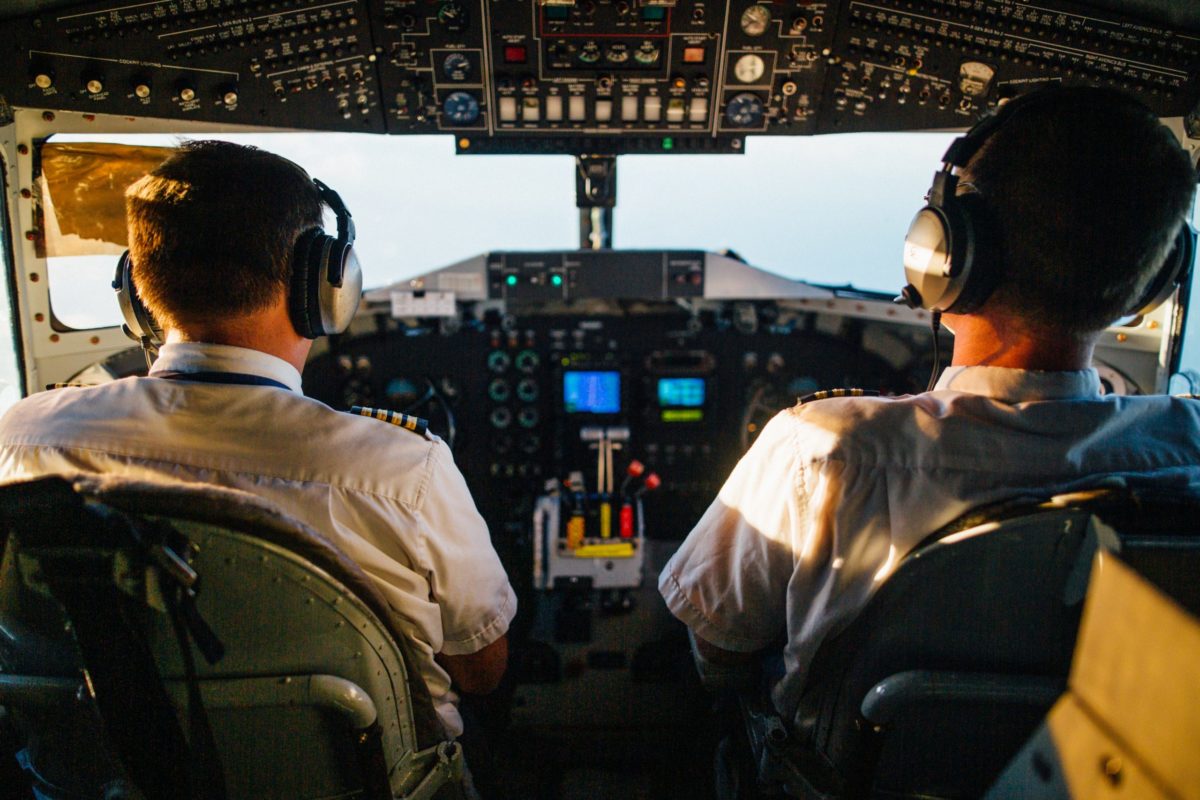Work as a commercial airline pilot has long been one of the most aspirational career paths in existence. While a job like this may seem like a lofty and almost unattainable goal, many would-be pilots are surprised at how straightforward the training and qualification process actually is. Flying lessons can be costly, but all in all, the steps towards full qualification as a pilot are pretty clear. In this article, we’ll look at what you’ll need to do before you can find yourself in charge of the cockpit of an airplane.
Get the Grades
The minimum requirements to start training as a pilot are good GCSEs in Math, English and Science. To ensure you stand head and shoulders above the competition, it’s also a good idea to go on and complete your A Levels, too. Due to the nature of the job, many employers prefer applicants to have a good grasp of a second language in addition to the above qualifications.
Get a Medical Certificate
All pilots must have a good knowledge of first aid, to the extent that each individual requires a Class 1 European Medical Certificate in order to train. These certificates are valid for 12 months at a time.
Attend Flight School
There are numerous different institutions and establishments that offer pilot training, but you’ll need to be 18 or over to enroll. The Civil Aviation Authority maintains a long list of flight schools. Alternatively, you can attend a program run by a major airline, which will make it more likely that you’ll be hired by the company who provided your training after you qualify. In many cases, it’s possible to take out a student loan with a private lender – without the need for a cosigner – in order to pay for your training. However, it is always worth checking with your training provider before applying for financial support of this kind. There are part-time options that enable trainee pilots to work at the same time as gaining their qualifications if required.
Get Your ATPL and Instrumental Rating
ATPL stands for Airline Transport Pilot’s License. You’ll gain this at the end of your training, but not until you reach the age of 21. You won’t be able to fly a plane unless you are awarded this license. Your Instrumental Rating (IR) is vital too. This is a qualification that shows you have displayed the correct aptitude when using cockpit instrumentation. You’ll then need to complete 1,500 hours of flying to be able to apply for the job title “Captain”, but you’ll be able to work as a co-pilot or first officer in the interim.
Develop the Right Strengths
It’s important for a pilot to have exceptional attention to detail, a proficiency in mathematics and spatial awareness, be superb at communicating and working with others and have confidence, problem-solving abilities and a calm attitude. While these traits come naturally to some, others have to work on them a little more. It’s important to take the time to develop your strengths in order to stand out as great pilot material.


